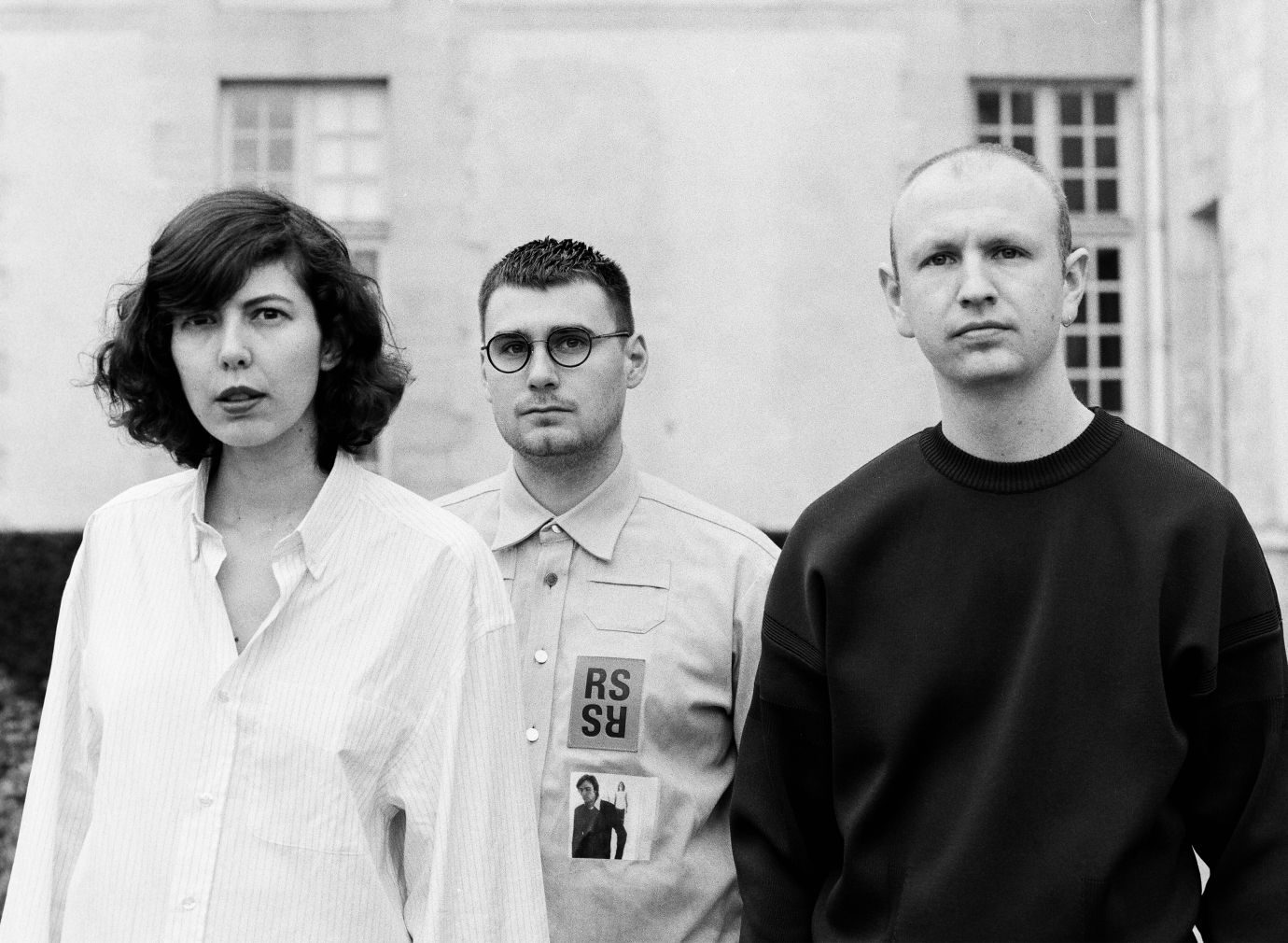Capitals are serving as the holy grail of the fashion and art scene crushing the voices outside of it. This has come at a cost to students and creatives who rely on metropolises to make a mark. Although fashion is notorious for offering internships and freelance work that does not pay month to month, many have justified the costs for a place in the lands of opportunities.
Through a survey of over 800 responses from our readers on the pros and cons of leaving a fashion capital, over a third said they will not be returning to a big city after the pandemic.
The pandemic has shown that many roles are equally easy to perform from home, offering up a new route for decentralizing fashion to a whole generation of would-be designers, journalists, and image-makers. As systematic problems in the arts such as racial disparity and capitalist exploitation were brought more prominently to the light through the pandemic, so did creatives get more disillusioned with city life. Through a survey of over 800 responses from our readers on the pros and cons of leaving a fashion capital, over a third said they will not be returning to a big city after the pandemic.
Over the course of multiple lockdowns this past year, students and graduates have found that living in London’s tiny cramped apartments as they isolated had rubbed off some of the London “sparkle”. As the home has become more than just a sleeping space, with eternal Zoom meetings and personal projects, other factors like more space, being closer to nature, and separating the workspace from downtime have become more important. The disconnect from society during the pandemic has meant that personal factors are more important than a location that previously offered the opportunity of events and jobs. While the UK vaccine timeline looks optimistic, for many the prospect of returning is far from rosy.
For some, the insular culture of the fashion industries in big cities has meant that even with university degrees and internships under their belts, it hasn’t been easy finding a job in the industry, especially during the pandemic.
One of the key take-aways from moving back home is that it has given creatives back their time to reflect. Responses have varied from, “I value my time and my process much more,” to deeper reflections on the meaning of creating fashion, “I have to ask myself bigger questions. A dress for me can be satisfying – but is it the same for the world?” It can be overwhelming to work in a city where every day brings on new challenges. For some, the insular culture of the fashion industries in big cities has meant that even with university degrees and internships under their belts, it hasn’t been easy finding a job in the industry, especially during the pandemic. This has left some graduates disheartened, while others are creating their own communities online that encourage openness and diversity.
For those at the start of their degree and those who love the drive of the city teaming with like-minded thinkers, moving back home can feel like a step back. Some respondents said that being around family can be distracting and that they are “stressed from not being able to use the right equipment and without inspiration because it came from living my life, not the internet/books”. Emma Hope Allwood, former Head of Fashion and current creative consultant at Dazed Digital joined the conversation as felt the same before she moved out of London last year during the pandemic to focus on her consultancy work: “I couldn’t wait to get to London at 18 and never liked going ‘home’ to the small town much because I immediately reverted into an angsty teen. But this year I’ve experienced being out of the city in such a way that’s been so restorative. I also know I need and crave the parts of life that the city brings.”










